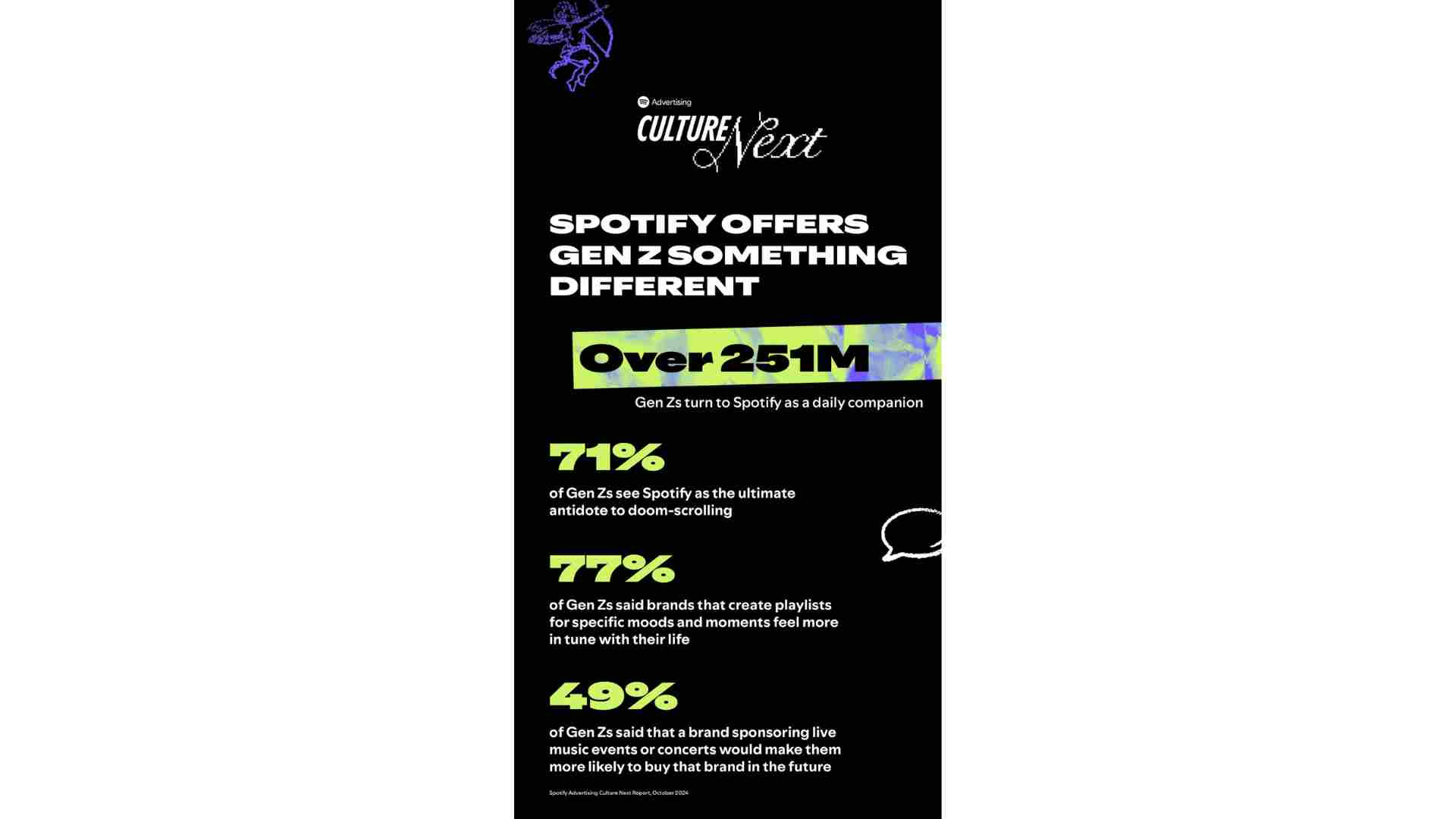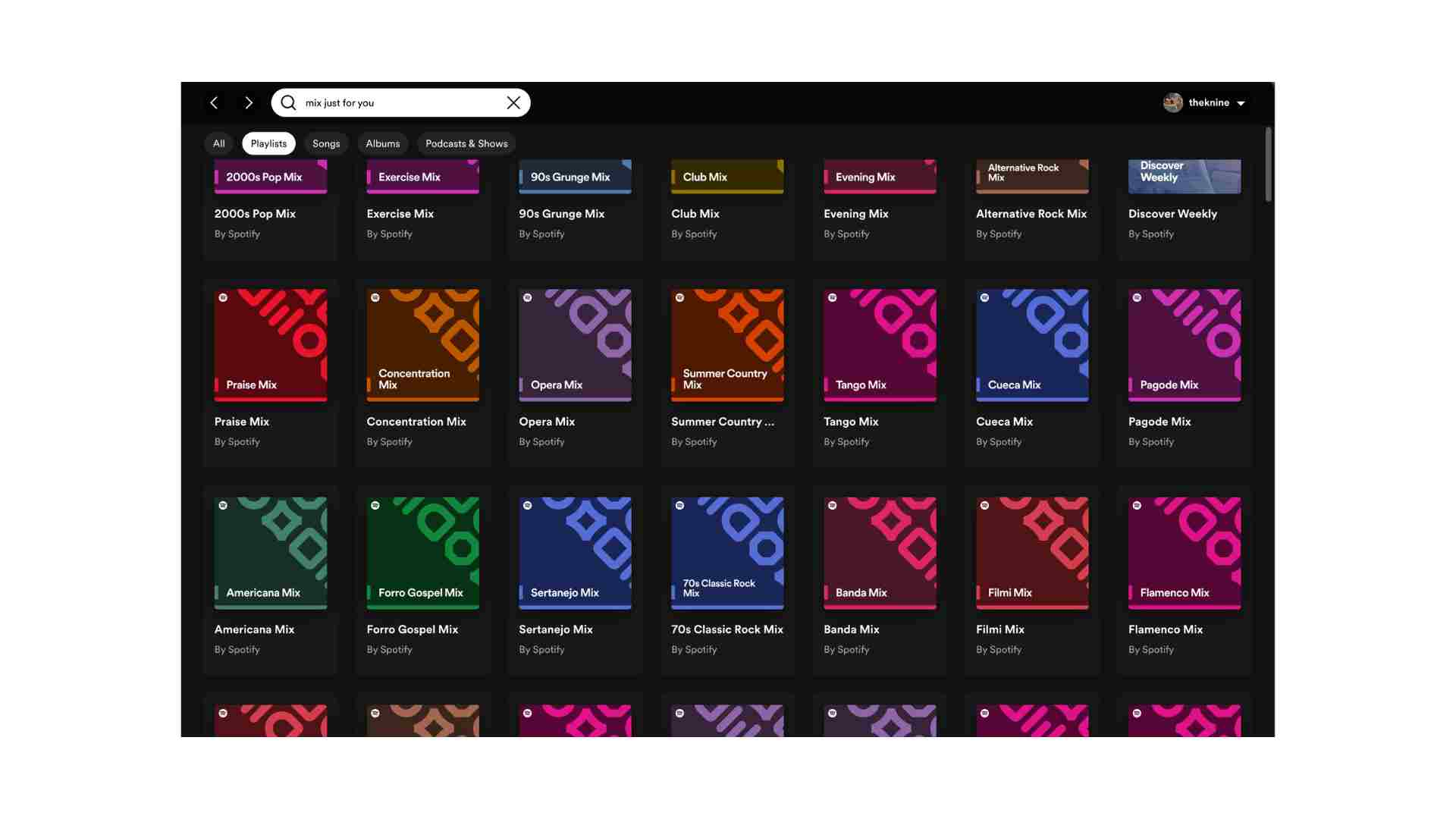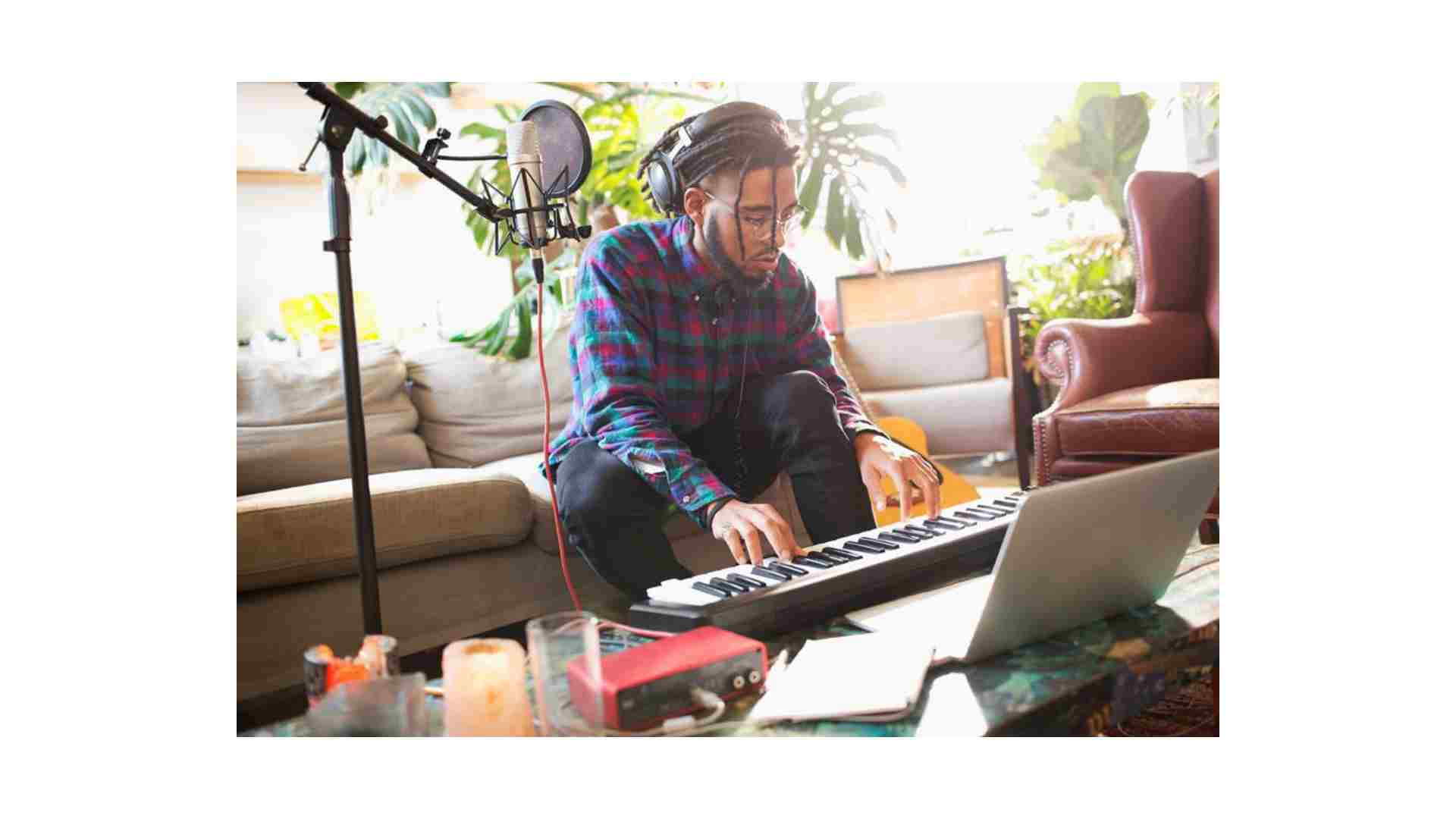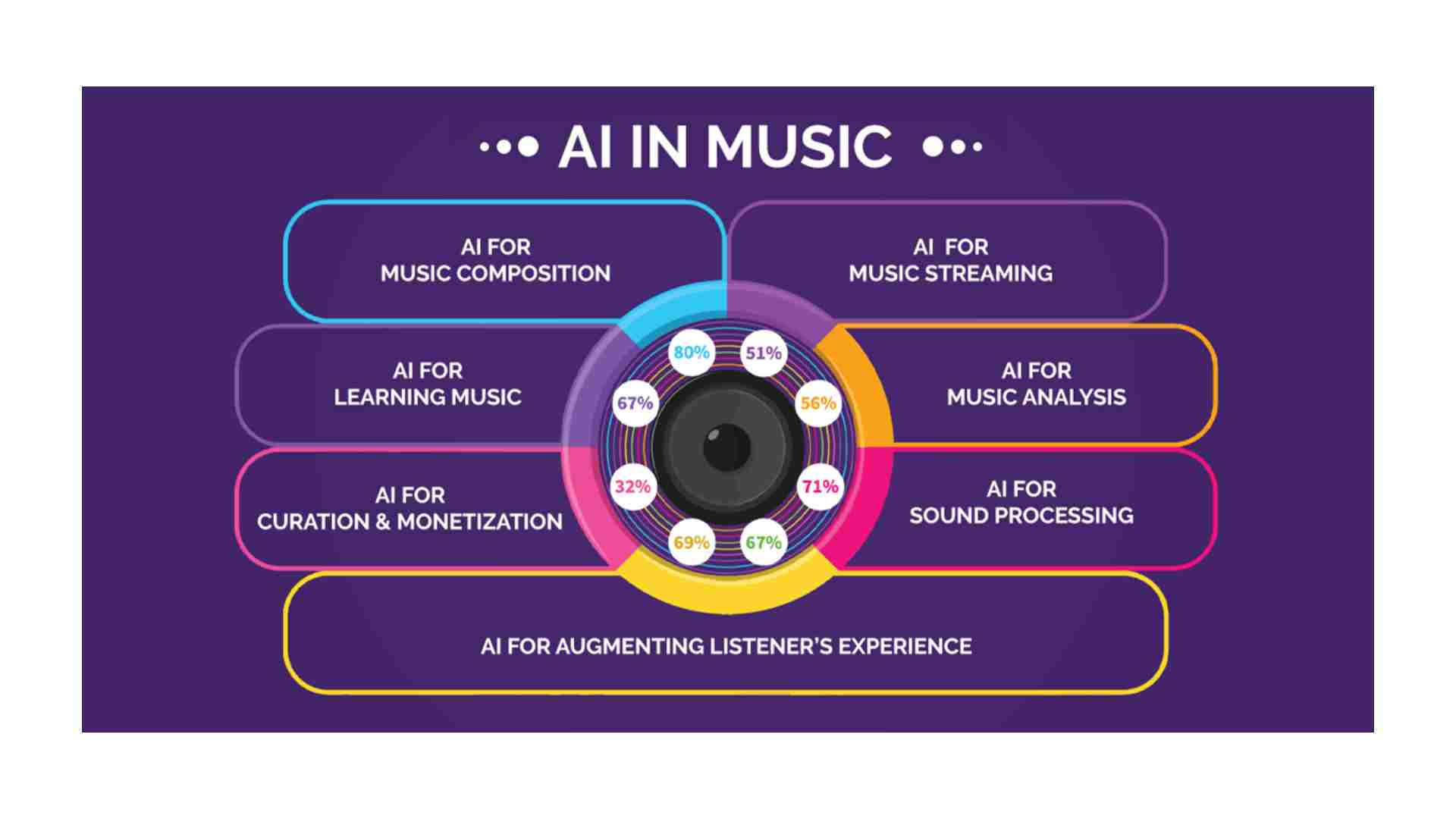
How Gen Z Is Changing The Music Industry
Mar 13, 2025Transforming The Music Industry:The Gen Z Way
The evolution of the music industry has seen many generations come and go. The advent of Gen Z (people born between 1997 and 2012) has seen the most dramatic reshaping of the music industry. Whether it is the introduction of streaming services or the preference for indie artists, Gen Z continues to change the music industry both gradually and drastically. Let’s take a closer look….
We’ll be taking a look at the following:
How Does Gen Z Discover New Music?
Gen Z is the first generation to grow with the internet playing a crucial part in their life. Naturally, they have had the opportunity to discover new music, appreciate a varied range of genres and blend classic and modern options for music discovery and consumption.
Gen Z's frequent internet usage has earned them the title of being “chronically online.” Gen Z discovers music digitally by utilising the features of social media platforms like TikTok (Duets, Challenges), Instagram (Reels), and YouTube (Shorts) to experience trending and fresh music. Unlike millennials who turned to millennial YouTube for curated playlists, Gen Z leans and leverages algorithm-driven content, where 15 seconds of audio can turn an unknown artist into a viral sensation overnight.

Gen Z also effectively engages with streaming platforms like Spotify, Apple Music, and Amazon Music. These platforms allow listeners to explore music from every era. Gen Z gets involved with curating or following popular playlists to help them explore newer artists and genres. These listening habits set trends and push artists and labels to adapt their sound, marketing strategies, advertisements, and promotional techniques.
How Do Gen Z Listening Habits Shape Streaming Trends?
Many believe that the traditional music industry is losing its grip on young listeners. The music industry has seen drastic changes due to the listening habits of Gen Z. For example: The popularity of the Indie sound and genres (Indie Rock, Indie Pop, etc.) can be traced back to the connection Gen Z has with authentic sound and creative control. A label artist might be asked to retain an ‘indie’ sound because a large portion of their audience connects with it.
Not restricting it to artists only, the music industry has also adapted itself to digital methods (downloads and streaming) when physical sales saw a decline. The new generation wasn’t interested in buying entire albums or listening to songs from start to finish. The shelf-life of a track has dramatically reduced- it can trend and die down in a matter of weeks. Therefore, artists turn to EPs or Waterfall Releases and focus on crafting catchy hooks or choruses that can go viral!
Streaming platforms have been constantly adapting themselves to social trends set by Gen Z. The connection that Gen Z has with indie music can be highlighted by their use of platforms that offer more direct artist-fan interactions and emphasize independent music like SoundCloud and Bandcamp. This has led major streaming platforms like Spotify to jump on the bandwagon by integrating more social features, recognizing that music is a shared experience for this generation.

Streaming platforms have also reimagined traditional forms of music consumption (Mixtapes, Radio, etc.) and repackaged those for Gen Z. Spotify Playlists, Artist and Mood Mixes, and Artist and Song Radios are how streaming platforms make music discovery uncomplicated by personalising the music that you hear in a playlist, mix or radio.
Why Does Gen Z Value Authenticity In Music?
Gen Z demands authenticity- whether it is in getting to know an artist or listening to how their music sounds. Due to how digitally transparent the times are, when social media is quick to expose everything from industry secrets to personal struggles, it is natural for people to crave authenticity. Gen Z can tell when an artist is being fake, and it’s a letdown.
Not only artists but how their music is produced and how their songs are written. From how rock music transitioned from being rebellious to simple love songs, Gen Z musicians nowadays talk about personal struggles, particularly mental health and heartbreak. The lyrics are fairly simple and often use slang and lingo that you come across online. That doesn’t mean it’s a bad thing; it’s what an audience connects to! Take songs like Driver’s License and Vampire by Olivia Rodrigo as examples.

The rise of DIY (Do-It-Yourself) culture is celebrated by Gen Z as they move towards lo-fi beats, stripped-down acoustics, and experimental sounds rather than polished, radio-ready tracks. This has led to the popularity of genres like Bedroom Pop, Dreampop, and Lo-fi music. Social media has also bridged the gap between fans and indie artists, who now have dedicated fan communities often built organically. The lines between indie and mainstream are continuously being blurred as Gen Z seeks to explore more niche sounds and music.
How Is The Gen Z Redefining Success?
Gen Z musicians are proving how success in the music industry means creative freedom, sustainable careers and community engagement. When a 15-second audio clip can launch you to a “sensational” status and stardom, musicians and audiences are aware of the fact that this is temporary. The success might not last the artist more than a year or two but maybe just a month and artists know that they have to make the most of it in this short span of time! It isn’t about having a billboard chartbuster on your hands but the fact that your fanbase and community can engage and grow and you can hook them in with these short snippets of your music on a consistent basis, which is the current trend going on in the music industry.
Unlike the millennial era, where success was often measured by YouTube streams and radio play, Gen Z artists thrive on niche fandoms and digital monetization. Platforms like Patreon, Twitch, and even TikTok’s Creator Fund allow artists to make a living without depending on traditional revenue streams.
While touring remains the main source of income for musicians, it is changing as well. Many newer artists have done shows in large arenas and stadiums, but the focus also seems to be shifting towards smaller, intimate gigs and virtual shows which allow the artists to interact with their listeners authentically. This shows how the newer generation of musicians prioritises connecting with their audiences in real life rather than chasing mainstream success.
What Does The Future Of The Music Industry Look Like?
The music industry is evolving in different ways because of the many habits of a large chunk of its listeners. It’s no secret that Gen Z is quick to call out record labels and support the creative control and fair ownership of music by its artists. This has already resulted in the record labels taking a step back, redefining their old ways and introducing hybrid deals (upstreaming deals, profit-split deals) and licensing deals.
The music industry is also gradually shifting towards decentralised music distribution, which challenges the norms set by the majorgen. It drives them to adapt to new methods or risk becoming irrelevant. Music marketing and promotion are also moving towards a smoother fusion of short-form content and audio-visual media. Visual storytelling, short-form videos, and interactive experiences have become essential parts of an artist’s brand. And with the YouTube trends rn and TikTok continuing to dominate music discovery, artists will need to create content that resonates beyond just audio.

Artificial Intelligence is also playing a huge role in shaping the future of the music industry. There have been A.I generated playlists and music production software, which can soon be trendsetters in music technology. Personalized AI DJs, AI-generated beats, and even AI-assisted songwriting tools are becoming the norm. However, the increased demand for authenticity might curb the growth of artificial intelligence in music.
Our Final Thoughts
Gen Z has been shaping the music industry for quite some time. Gen Z musicians are making their breakthroughs into the music scene and delivering hits, too! The emergence of new genres, newer trends in listening habits and platforms, and music marketing and promotion are the signs that the new generation is in control!
We at GreaseRelease, have a bunch of curators on our network who are looking for new & exciting music to push on their massive playlists. If you make music and want to reach a wider audience, check out our submission platform and get a chance to reach millions of listeners! Submit your tracks now!
Don't miss my newsletter!
Join me on a music entrepreneurship journey with new tips and tricks delivered straight to your inbox.
We hate SPAM. We will never sell your information, for any reason.




